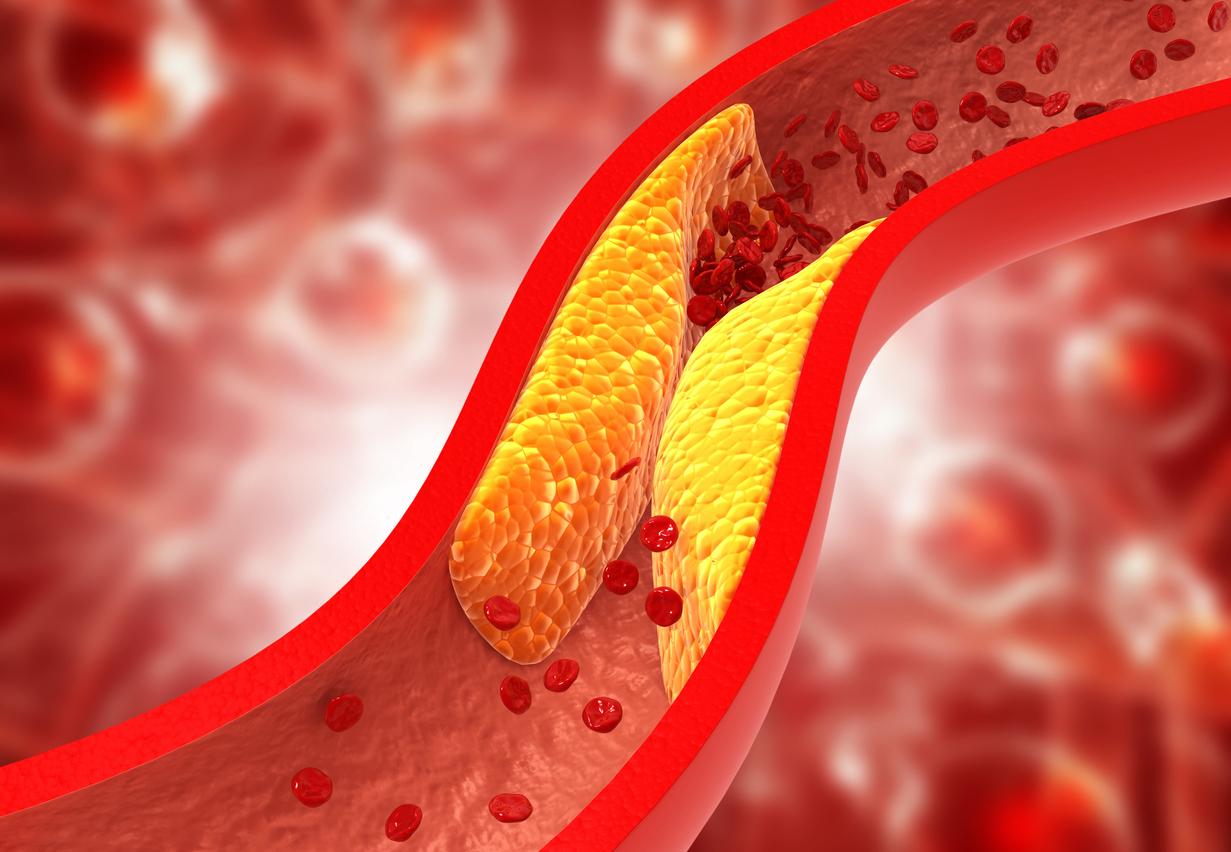It is well known that saturated fats increase the level of “bad” cholesterol in the blood. However, it is possible to reduce their presence and thus prevent the risks of cardiovascular diseases, according to an American cardiologist.

- Saturated fats increase bad cholesterol levels in the blood.
- Bad cholesterol causes plaque and deposits to form in the arteries of the heart, preventing blood from circulating to the heart and brain.
- You can limit the presence of saturated fats in your diet by following a few tips.
Cholesterol is a lipid naturally produced by the body. Its quantity varies in depending on eating habits. There are two types of cholesterol: high density (HDL) and low density (LDL).
Saturated fats increase bad cholesterol
LDL, considered the “bad” cholesterol, can lead to the formation of plaques and fatty deposits on the walls of the arteries of the heart if present in excess. This then blocks blood flow to the heart and brain. On the other hand, HDL corresponds to “good” cholesterol, because it helps eliminate excess bad cholesterol from the blood.
Processed foods, fatty meats, palm oil, full-fat dairy products, or butter contain high amounts of saturated fat. Therefore, excessive consumption of these foods increases the level of LDL in the blood and therefore the risk of cardiovascular diseases. “The consumption of saturated fats is directly linked to the level of cholesterol in the blood (…) The higher the consumption of saturated fats, the higher the level of cholesterol in the blood will be”, said Dr Regis Fernandes, cardiologist at the Mayo Clinic (United States).
Tips for lowering cholesterol levels
In a publication, the American cardiologist gave advice to limit the presence of saturated fats in the diet. In particular, he recommended:
- eat fish rich in omega-3 fatty acids such as salmon, tuna or sardines, instead of red meat, at least twice a week;
- to favor lean meats and poultry;
- limit the consumption of processed foods;
- to use olive or soy oil instead of butter when cooking.















